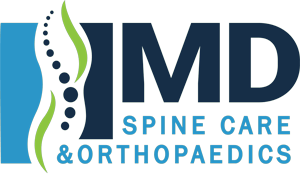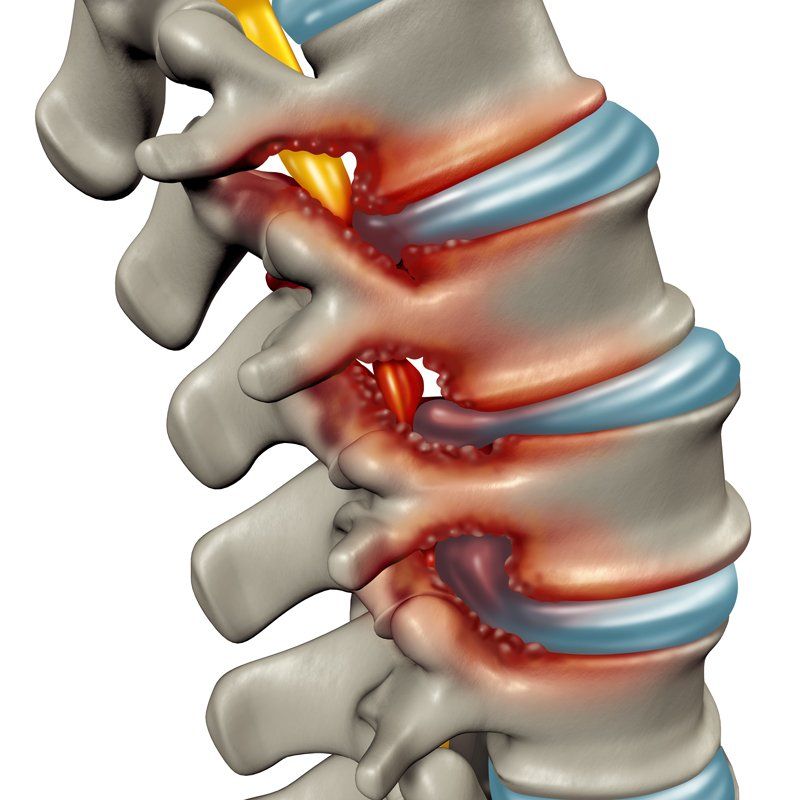Spinal
Stenosis
As many as 500,000 Americans have spinal stenosis, a condition that develops when your spinal column narrows and compresses your nerves. At MD Spine Care and Orthopaedics, which has two convenient locations in San Antonio, Texas, Frank K. Kuwamura III, MD, a board-certified orthopaedic surgeon, diagnoses spinal stenosis and creates customized treatment plans to relieve your symptoms and heal your spine. Call MD Spine Care and Orthopaedics or schedule a consultation online today for expert spine care.
MD Spine Care and Orthopaedics
Orthopaedic Spine Surgeons located in San Antonio, TX

